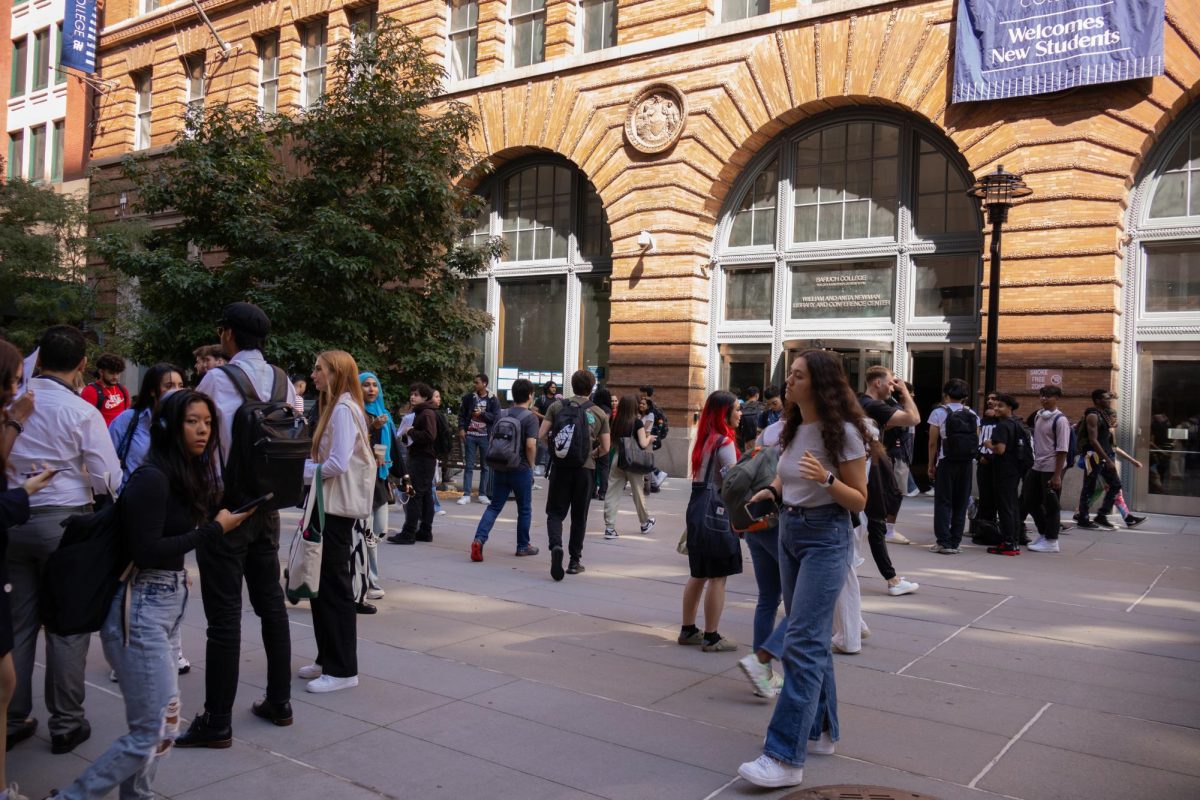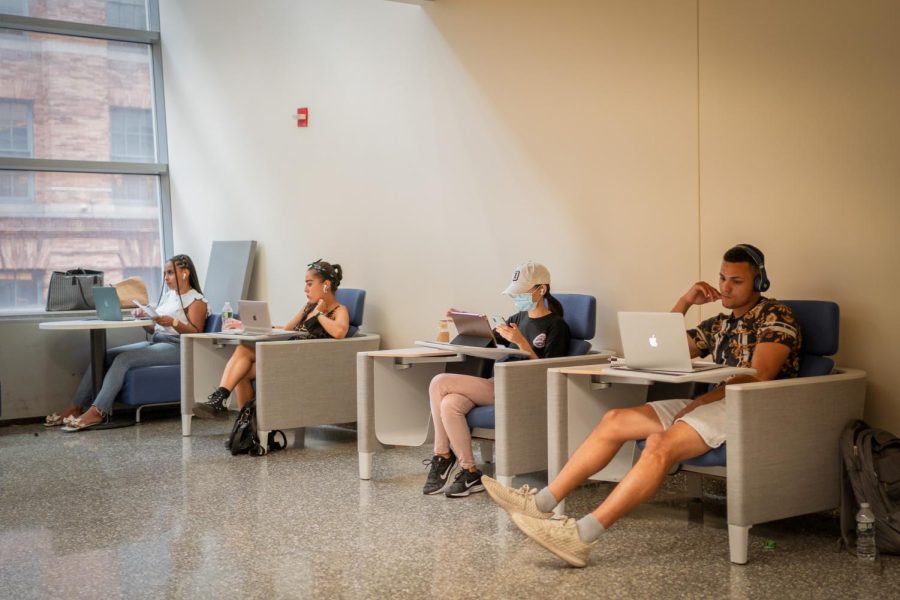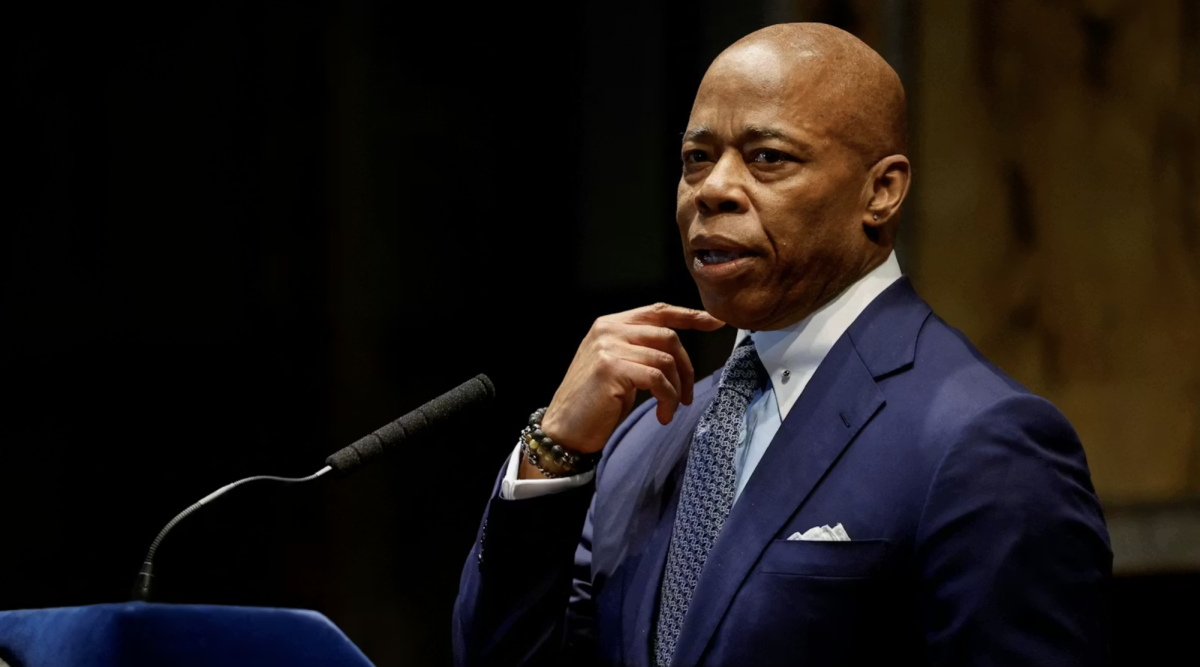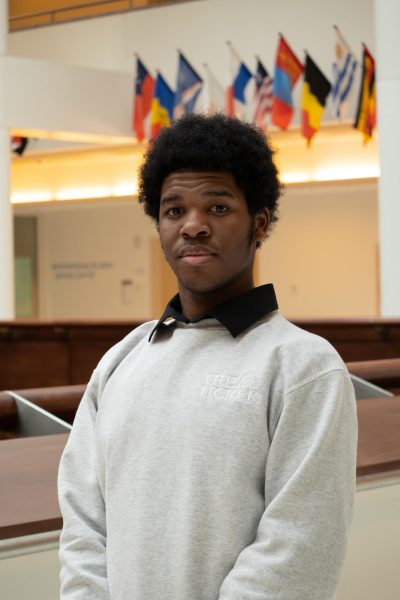Ten CUNY four-year colleges ranked as top public colleges in the north region, demonstrating the high quality of the education. To continue living up to these expectations, CUNY should invest more in experiential learning activities.
Experiential learning refers to hands-on learning, which helps enhance theoretical classroom teachings. While most CUNY colleges offer experiential learning opportunities outside of the classroom, these opportunities are not accessible to all students.
At Baruch College, these opportunities are mainly through volunteer service, study abroad programs, fellowships and internships.
However, the drawback of this approach is that students would have to find time in their busy schedules to accommodate volunteer work which might not be related to their coursework.
Similarly, study abroad programs and fellowships are limited to those who can afford it and are able to temporarily depart from prior commitments. These programs also have a limited number of seats due to budget constraints.
Additionally, it’s necessary to recognize that the COVID-19 pandemic digitized how students learn, with platforms like Google Classroom and Zoom rising in popularity. Digital learning can come with a few benefits, including enhanced accessibility and flexibility.
Despite these benefits, virtual learning can also sacrifice the overall quality of education since it’s easier for students to disengage from the material.Students will retain knowledge easier if they are able to engage with it first-hand.
For example, a trip to the zoo may be more memorable than an in-class lecture.
A study published by ResearchGate found that students who were taught using experiential learning approaches scored significantly higher on exams than students who were taught with more conventional approaches.
Macaulay Honors College students recently engaged in experiential learning with an activity called “BioBlitz,” where students visited Brooklyn’s Prospect Park and observed organisms for 24 hours.
CUNY should integrate experiential learning curriculums to more of its classrooms rather than have this type of learning be exclusive.
Additionally, as part of the Macaulay curriculum, students must complete an interdisciplinary minor with honors in New York City Studies. The classes for this minor incorporate experiential learning with students often doing enrichment activities such as visiting museums and parks or watching plays.
Although these experiences are unique and improve engagement with students, they must be organized sufficiently as they are often time consuming and done outside of class.
Enrichment activities must occur only within the timeframe of the class. Additionally, students must be given an adequate amount of time to return to school in case they have other classes.
It would be beneficial for classes that utilize experiential learning to have an increased duration in order to accommodate for this. Funding must also be allocated for these classes so that activities are accessible to all students and not just those enrolled in honor classes.
Participating in experiential learning opens students to better networking opportunities. Those who come from wealthier backgrounds may have an advantage when it comes to relating to conversations around enrichment activities.
A significant number of CUNY students come from lower socioeconomic backgrounds, making it important to acquaint them with enrichment activities to provide them with resources that their peers may already have had access to.








